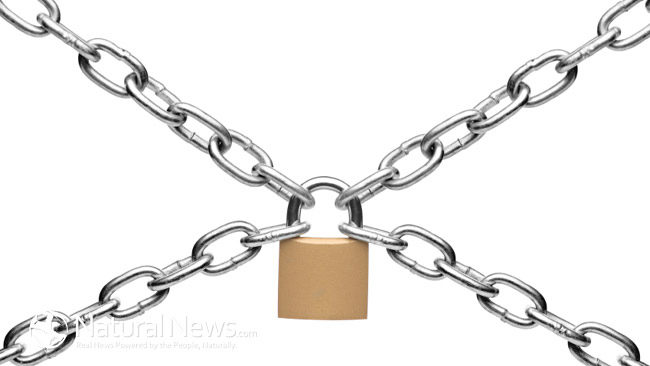Opening a gym was probably a dream come true, and part of your long-term success plan. You should be congratulated on what you’ve achieved so far. While owning a gym is a big, satisfying thing to check off your “to-do” list, you’ve probably learned a few things along the way:
- It’s not as glamorous as it may seem
- You actually don’t get to work out all the time
- People love to complain
- Gym ownership can be a risky business
When you started, you likely had some type of legal or business advice in setting everything up. This probably helped you get things off on the right foot. Great! But what about all those complaints? What if someone gets hurt and decides to hold you accountable?
What if You Get Sued?
Lawsuits can wreak havoc on not only your business, but on your personal assets as well. Insurance can offer some protection. However, if someone were to sue you or your business for some kind of accident or liability, you could still be in very big trouble. How? You may be accused of:
- Improperly maintained equipment
- Slip and falls inside or out
- Failure to enact adequate safety measures
- Hiring poor training staff
- Discrimination or harassment
- Wrongful termination
How Do You Protect Yourself?
If you are sued, chances are the amount of the suit will exceed the amount of insurance protection you have. You could end up watching your business, personal savings, and even your home go down the tubes. However, there are plenty of ways to protect everything you’ve worked so hard to build. Asset protection is the best way to ensure both peace of mind and financial security.
Protecting Your Assets
If you own your gym as an individual – like a sole proprietor or other all-inclusive entity – you are at the highest risk for personal loss and should speak to an attorney as soon as possible. They can help you mitigate your risk by restructuring your business in some other way. Your options may include:
- Tenancy by Entirety: If you have a spouse, you can use tenancy by entirety to protect personal property, as long as that spouse is not named in the suit. Tenancy by entirety allows a spouse to block the sale of property to pay off creditors. However, in the event the assets are sold later, you may have to give creditors their share of the proceeds at that time.
- Legal entity such as LLC or S-corp: These structures might offer reduced liability and additional tax benefits you would not receive as a sole proprietor.
- Partnerships: General, limited, and family partnerships are established to manage the business and its assets. These setups may offer reduced personal liability, and/or provide for passing assets on to another generation.
- Asset Protection Trusts: Available in many forms, a trust allows assets to be held on a discretionary basis. A trust may also help you mitigate the effects of taxation, divorce and bankruptcy.
Another option is a liability umbrella policy. An umbrella policy can help cover anything that is outside the bounds of your other insurance. Just like an umbrella, it can offer protection from a rainy day, but is not a bullet-proof solution.
Start Protecting Yourself Now
There are many options available to you as a gym owner. Seek counsel from an asset protection specialist who understands your needs and how best to structure your plan. But as always, the best advice is that an ounce of protection is worth a pound of cure. In other words, protect yourself now, before you get into trouble.
Kevin Jones is a freelance writer, researcher and fitness instructor/consultant. He has helped hundreds of people become more fit and healthy through a balanced life, focusing on an individual approach to nutrition and fitness. In addition, Kevin has written extensively in the fitness and health industries, including writing for companies such as ICON Fitness for NordicTrack. Connect with Kevin online; LinkedIn – Twitter





